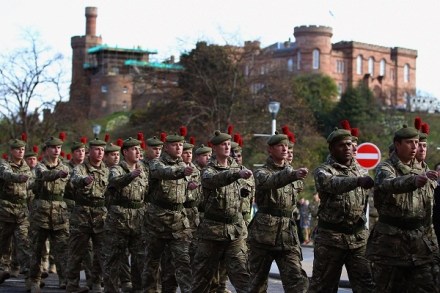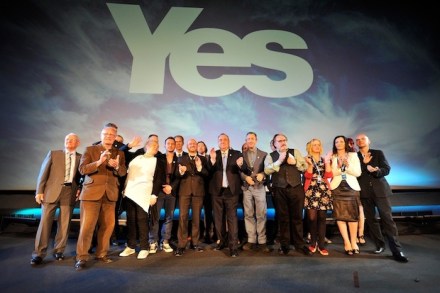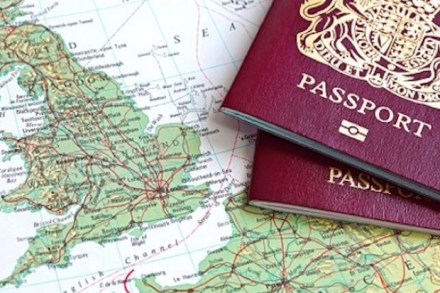Spectator letters: Fears for Scotland, and John Cornwell answers Melanie McDonagh
Save our Scotland Sir: Matthew Parris is quite right to praise Lord Lang’s speech in the Lords on Scottish independence 9 (‘The End of Britain’, 8 February) and there were other notable contributions, especially from Lord Kerr, on the European dimension, and Lord Robertson, the former secretary-general of Nato. But is anyone listening? The debate got virtually no coverage in the Scottish editions — and I suspect even less in the English ones. Meanwhile the SNP publicity machine rolls on here and is now promising an annual ‘Indy bonus’ of £600 for every man, woman and child in Scotland, exceeding the £500 threshold at which (as Alex Massie pointed out in



















